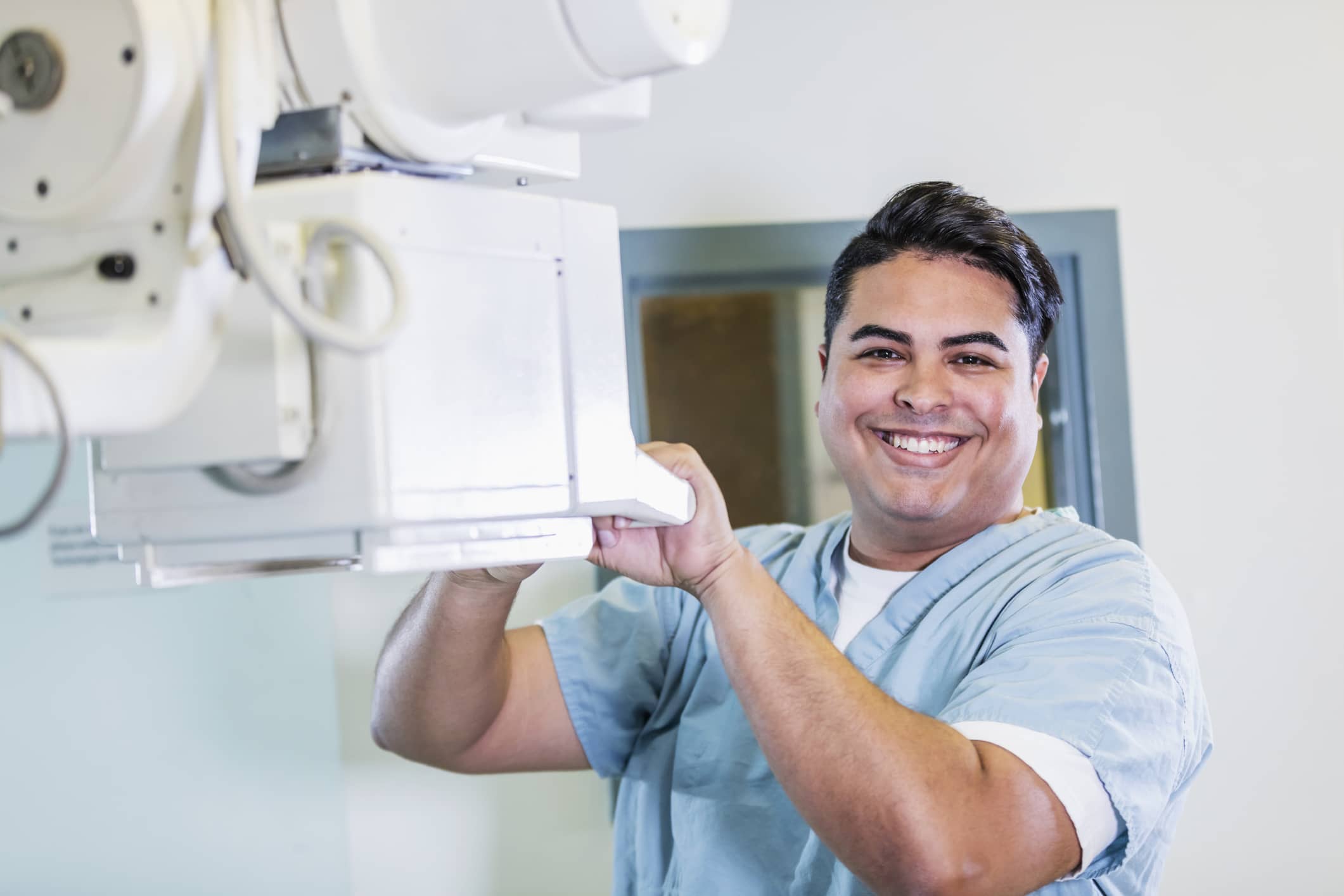
5 Tactics to Prevent Compassion Fatigue Syndrome
According to Ginger Houghton, LMSW, CAADC, allied health professionals are in one of the top 10 professions most likely to be impacted by burnout, and compassion fatigue syndrome plays a huge role in that.
Compassion and empathy can make you a better healthcare professional, but they can also leave you emotionally and mentally exhausted. When compassion fatigue syndrome sets in, you may be more apathetic about providing patient care or see your career, relationships or personal life suffer.
1. Focus on clinical needs with clients, but do give yourself time to feel
Thea Ducrow, Ph.D., says allied healthcare professionals should work on developing control over their emotional reactions to patients and circumstances. While it's healthy to allow a reaction, you do need to keep it together during treatments.
"When working with clients," says Ducrow, "It’s imperative to focus solely on the client and their best interests. It requires a bit of skill to dissociate from one’s feelings in the moment."
But it isn't always healthy to keep that emotion bottled up, she says. "Once an allied health professional is in a private space, either an office or personal vehicle, they can let it out. The technique I used and suggest is to cry it out in the car.
While I was supervising rehabilitation counseling graduate students, a client shared her story of horrific and years-long sexual and physical abuse. I was able to help the students and provide the guidance and feedback they needed. Once I was away from the client and students, I cried the whole ride home. I believe in 'leaving it in the car.' Stay in the car, feeling the feelings, until one can leave it there."
2. View things through a lens of what you can control
Aimee Daramus, Psy.D., is a clinical psychologist. She says, "One of the best ways to beat compassion fatigue is to view yourself through the lens of things you can control, such as professional values and ethics or your skills. A tough day can get a lot easier and even be satisfying to think about later on. Instead of looking at how other people acted, try to rate your day according to how well you upheld professional ethics and values or how much skill you brought to a tough situation."
3. Give yourself permission to recover
Therapist and author Heidi McBain, MA, LMFT, LPC, RPT, says, "Give yourself permission to really acknowledge that you are feeling compassion fatigue. Then take it a step further and give yourself permission to take care of you, be it listening to a short guided meditation, journaling, reading, etc. Do something you love that fills you with peace and joy in that moment and beyond."
Leigh Anne O'Conner, a private practice lactation consultant, agrees. "I have learned to practice self-care," she says. "I start my week with yoga. I schedule my appointments in such a way that I have time to get from client to client without rushing. I eat well."
Roselyn G. Smith, Ph.D., is a licensed psychologist who also agrees that self-care is tantamount to preventing compassion fatigue syndrome. "Make time to address your own needs, and be gentle with yourself, especially when your energy is waning and you feel you aren't at your best," she says. "When you find yourself reacting in unsettling ways, take time to evaluate how you've interpreted the situation(s) that have fostered those reactions and rethink them. Our interpretations and reactivity are usually the real issue, not the situations we find ourselves in."
4. Take regular vacations to stave off compassion fatigue syndrome
Author and inspirational speaker Uma Alexandra Beepat says regular vacations are important to resetting yourself and avoiding compassion fatigue syndrome. "Whether a staycation or vacation, it is important for allied healthcare professionals to walk away (literally) from their job on a regular basis," she says. "You need to enjoy life, think less of your work and remember your life is not represented by your work. A division needs to be made."
5. Understand the warning signs of burnout and compassion fatigue
Houghton, who owns Bright Spot Counseling, says allied professionals should be aware of the signs of both burnout and compassion fatigue because these issues go hand-in-hand.
"Health professionals should keep an eye out for red flags, including dragging yourself to work, showing up late or calling in frequently, isolating from friends or family, increased use of drugs/alcohol/eating to manage stress, halting professional development, losing focus of ethical obligations, difficulty leaving work at work, struggling to enjoy free time due to stressors at work, cynicism or an increase in bitterness or judgment of others," says Houghton.
She also recommends that all healthcare professionals have a plan for dealing with compassion fatigue syndrome and burnout. Even if you're new to a job or have discovered an allied career that seems built to keep burnout from happening in your case, know it is possible and ensure you take time for yourself.
Houghton suggests finding the right balance between career, family and personal time and working to maintain healthy professional boundaries between yourself and both coworkers and patients. Developing a support system of loved ones, peers, supervisors and even mental healthcare professionals can also be a good idea.

Additional Allied Travel Resources
While you continue your search for the perfect allied healthcare position, AMN Healthcare provides great resources to keep your career moving in the right direction. Begin the application process now, and then learn more about how AMN Healthcare can help you keep your career on the move.
- EAP: Our allied travelers gain access to a valuable set of Employee Assistance Program benefits.
- Allied Travel Jobs by Specialty: Explore allied jobs and learn about hourly salaries and the benefits of working in travel jobs.
- Search All Allied Jobs: Uncover new possibilities in your allied career by exploring both short and long-term options.
- Allied Healthcare Jobs: Learn how we can help move your career in amazing directions, both professionally and geographically by exploring opportunities by each state.
- More Allied Resources: Use the content here to learn everything you need to know about our allied recruitment process, including information on salary and benefits.





